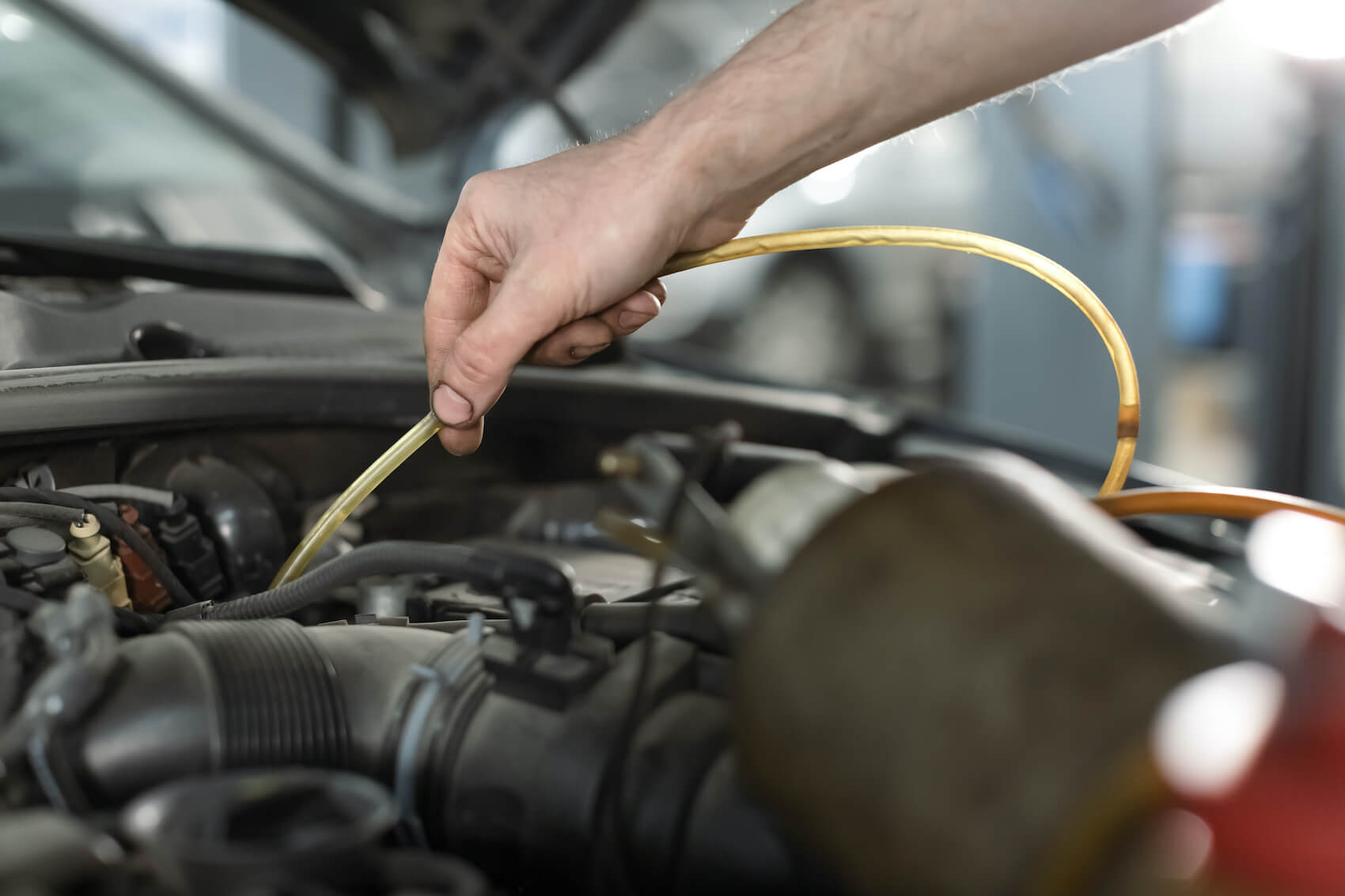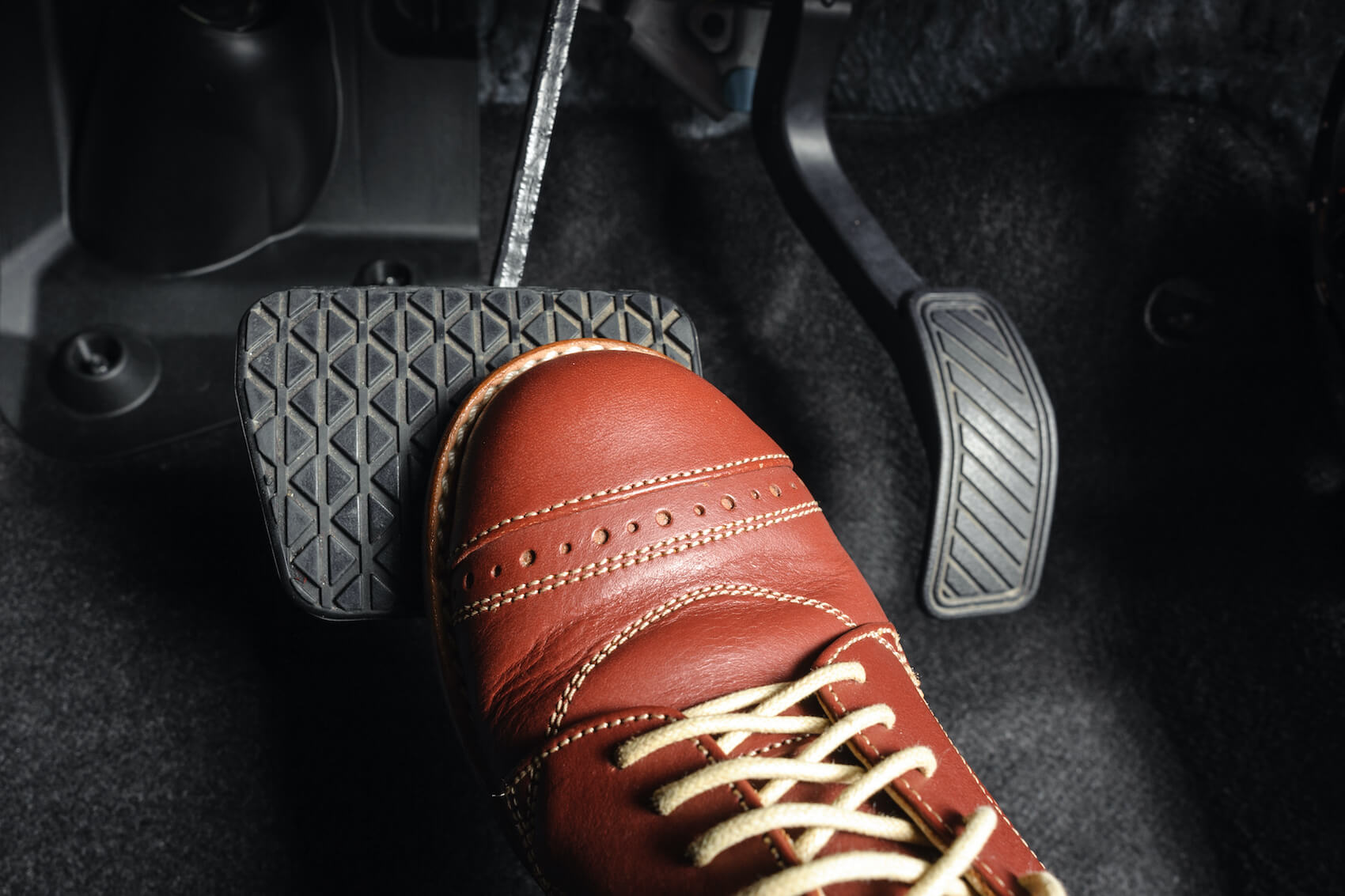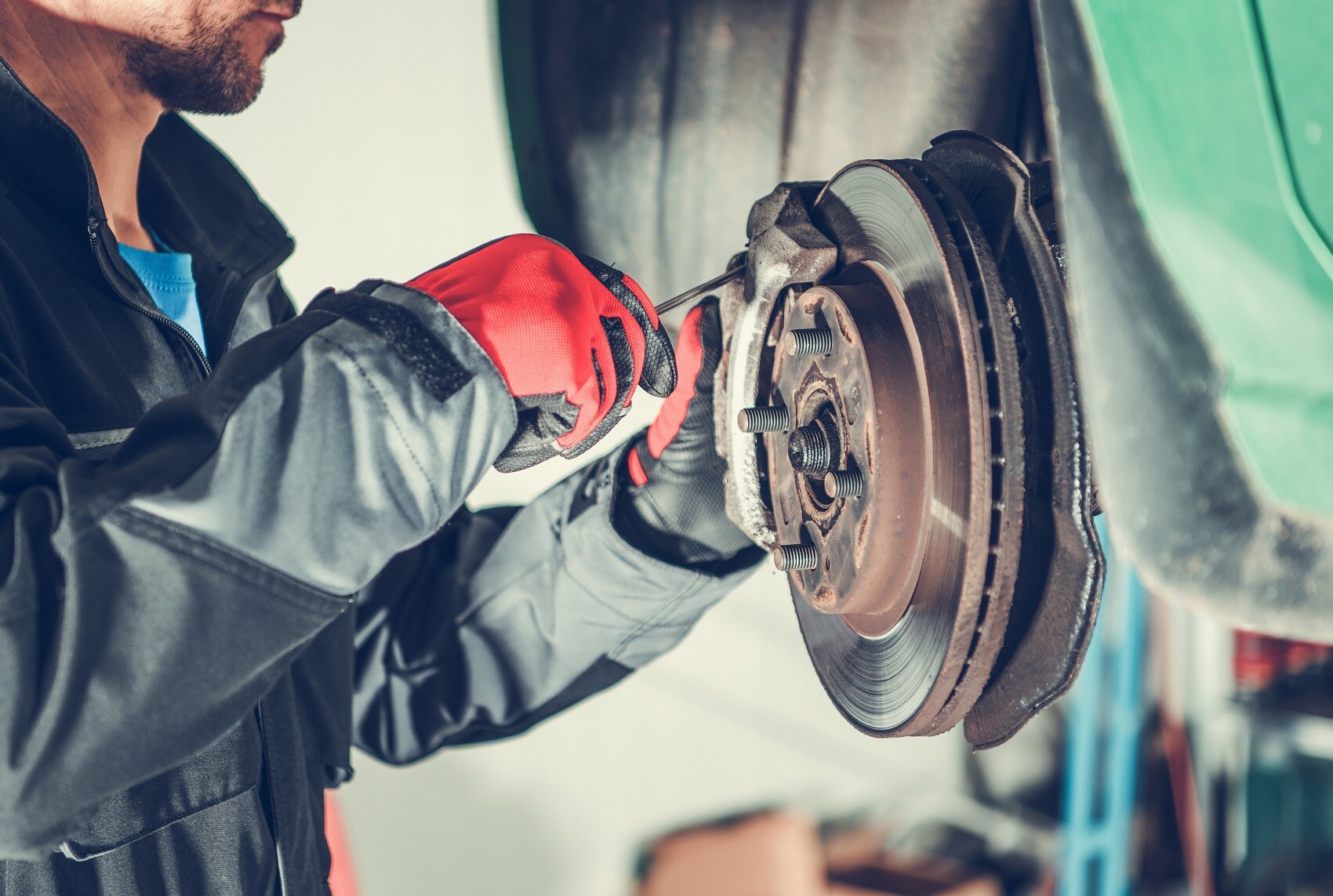

Brake pads will eventually wear out in your car. With regular usage, they wear out, but there are specific instances where they will wear out quicker. Road conditions, how you drive, and other factors contribute to this deterioration.
If you travel on congested roads or to more urban areas, you may be putting on the brakes way more often. Stop-and-go traffic can cause you to liberally step on them.
Drivers who have a lead foot use the brakes more often, too, especially if you find yourself abruptly stopping. The same goes for drivers who live and drive in hillier regions. Your foot will automatically step on the brake when descending a hill.
You may think that driving only on country roads or not traveling far from home near the City of Dogwoods may leave you out of this equation. Not so. Brake pads and rotors should be checked at the proper intervals, and your brake pads will need to be replaced after a while.

Keep in mind that there are signs that nudge you to schedule brake service. When you know them, you can calmly make an appointment instead of fretting over what it could be. Let’s go over them for future reference.
In the introduction, we mentioned noises coming from your brakes. Now we’ll explain what they could be. Squeaking indicates that your brake pads are decreasing in width, so they should be replaced soon. Grinding noises demonstrate that your brake pads may no longer be able to protect the rotors.
If you apply the brakes, and the pedal vibrates, it may mean that your rotors are warped. Usually, our service technicians can resurface them, but other times, you may need to get them replaced. A lack of response or a spongy feel should be checked out, too.
And, of course, whenever you see the check engine or brake light, make sure that you take your car in for service.
Make an Inquiry
* Indicates a required field